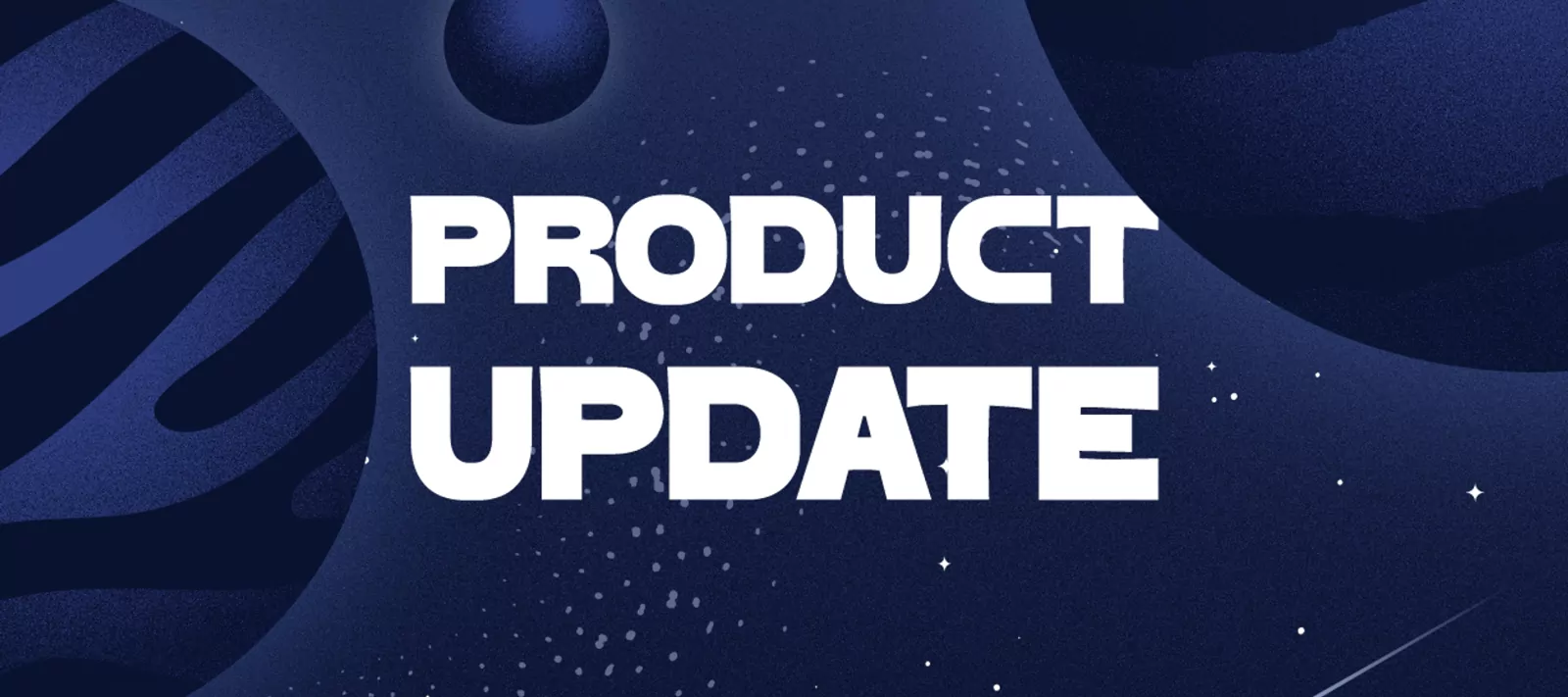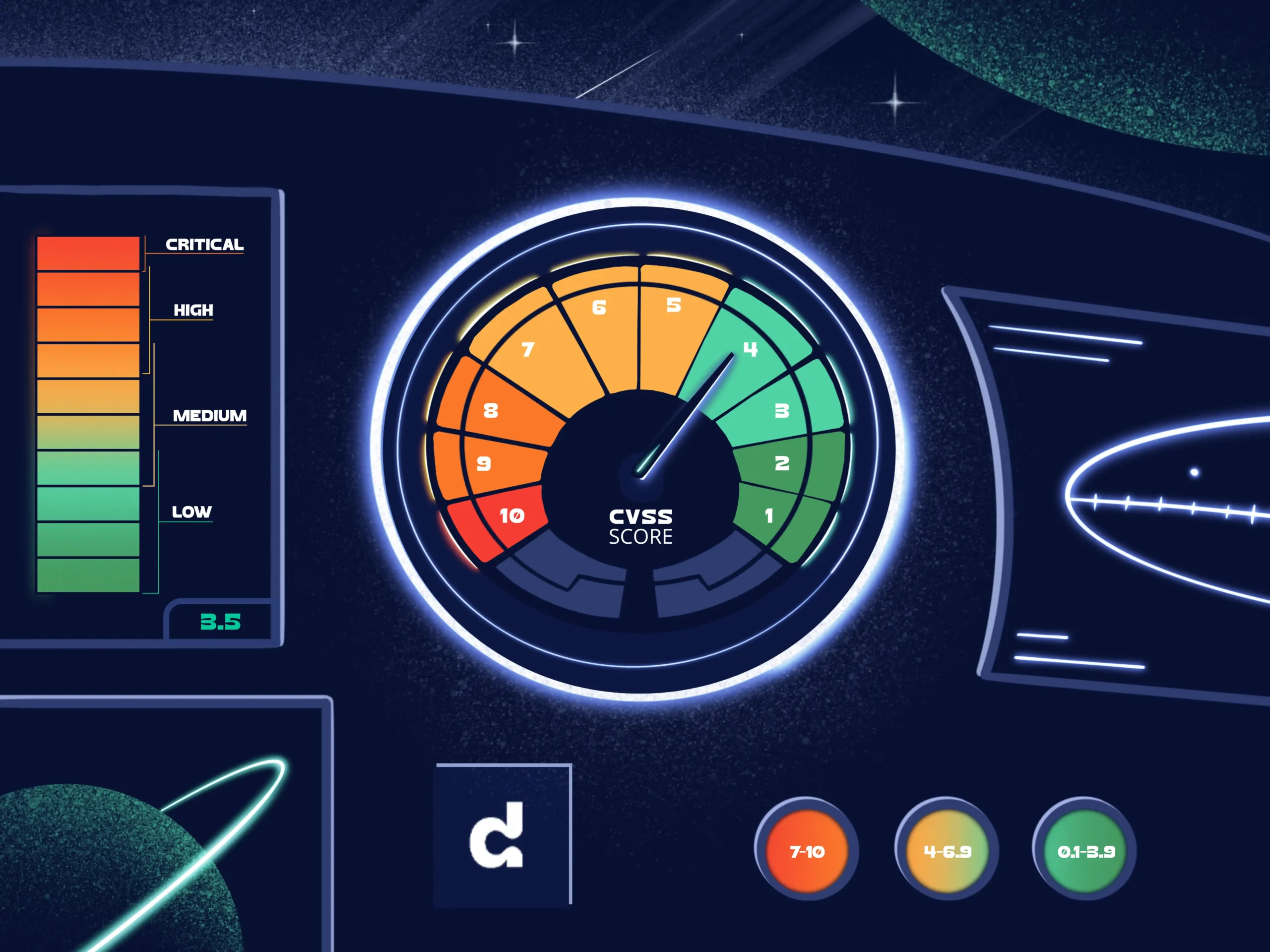
Introducing Open Source Select

There’s always something cooking in the Debricked labs, and we can assure you that our latest release comes with a big bang. Let us introduce Debricked’s Open Source Select – the new way of searching for, evaluating and comparing open source.
Introducing our latest innovation
Since the beginning of time, or at least since computers were a thing, developers have turned to good ol’ Google when searching for open source packages. This method works fine, but sometimes finding your answer in a Google search can be like looking for a needle in a haystack.
Also, it lacks a deeper analysis of the quality, or health, of the project. Our aim is to make searching, comparing and choosing the right open source for your project or business a lot quicker and easier, as well as provide a much more thorough analysis than any other search engine could.
This very first version of Open Source Select is in alpha, meaning there’s still a lot of updates to come. What you’ll see today may not be a complete and perfect solution to the problem in question, but consider it our first, humble try.
Now, with this blogpost we hope to answer some of the questions you might have about Open Source Select. Let’s dive in!
What is Open Source Select?
Open Source Select is a search engine where you can find, filter for and evaluate open source packages and repositories.
Maybe you are looking for an api-framework to deliver predictions for your amazing machine learning model? You simply search for “api framework”, filter on the “pip” package manager, maybe exclude the “AGPL” license since your manager says you can’t use that one, and view the results! For more info on what you can search for and how, please see our Open Source Select documentation.
In the search results you will be presented with Metrics, Licenses, Summaries, and some other things to start your research. In this first release, the metrics show the Popularity and the Contributor score of the project. These can be an early indication of a good, strong, and supportive community that makes that project a good bet, or maybe tell us that the project is deprecated. To learn more about this, read about our Open Source Health model.
How can my organization benefit from Open Source Select?
A database containing data on over 28M open source projects speak for itself – there are lots of insights to be learned; both about the open source you are currently using and when it comes to choose new components. Open Source Select and all corresponding data can easily be accessed through our API. For more information on how to set it up, please see our documentation.
By creating an account, you get access to the full version of the Debricked tool. In a little while, you will be able to create custom automation rules which allow you to control open source intake based on health metrics such as contributor score or popularity. For example, a rule might say “if dependency has a contributor score lower than 70, then fail pipeline”.
Ps. Did you know that Debricked also offers automation rules for vulnerabilities and licenses? If not, create a free account and try it out!
How can I try Open Source Select?
In the spirit of the openness of open source, our databases are open for all and free of charge. Pay a visit to the Open Source Select Database and start searching! Also, make sure to check out our public Vulnerability Database.


